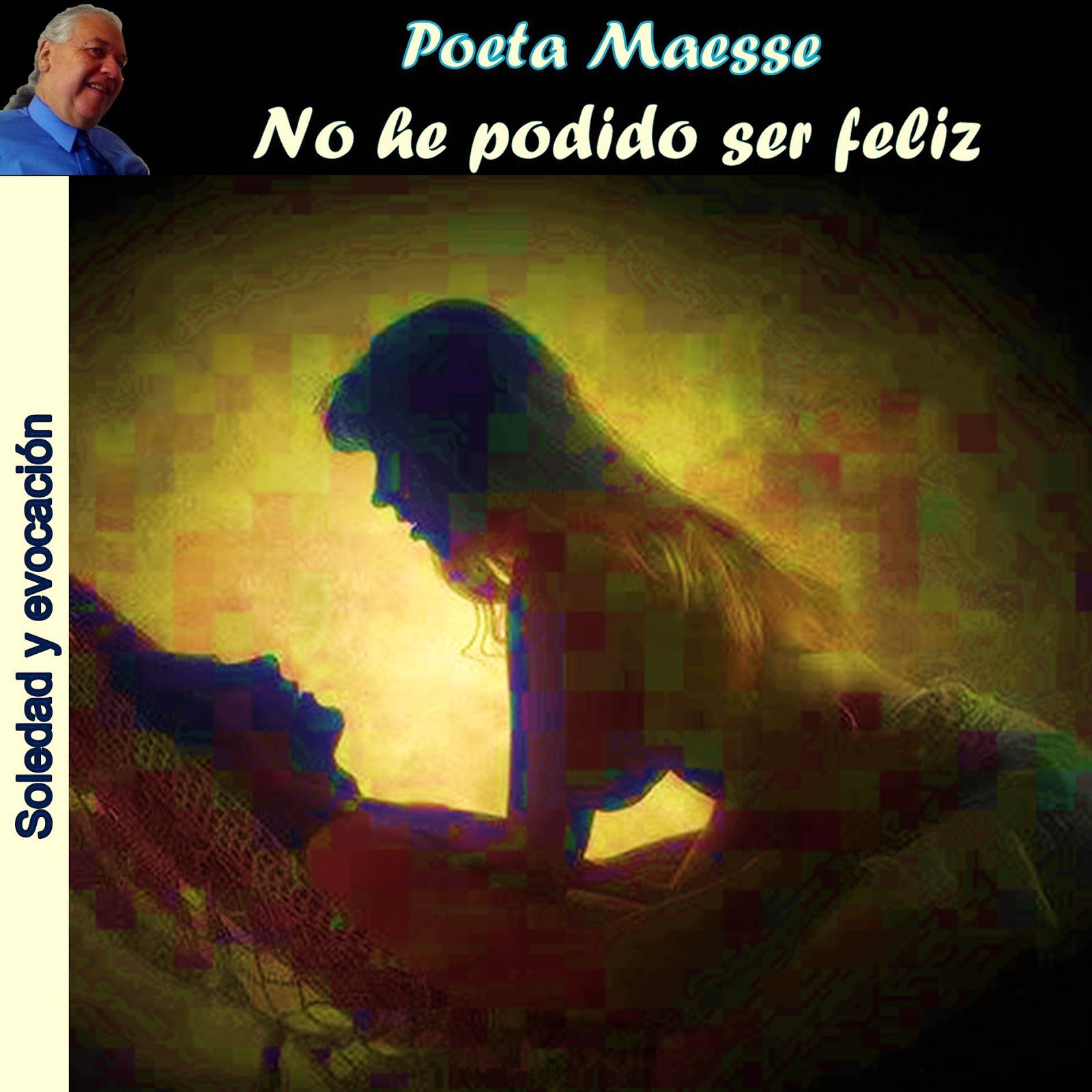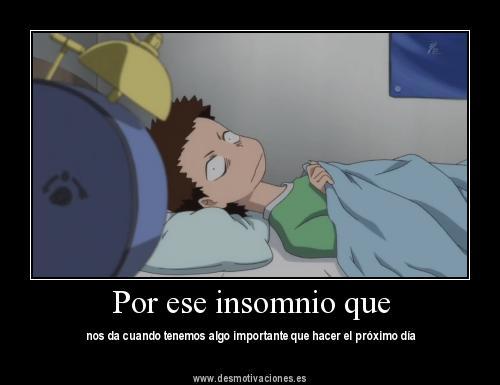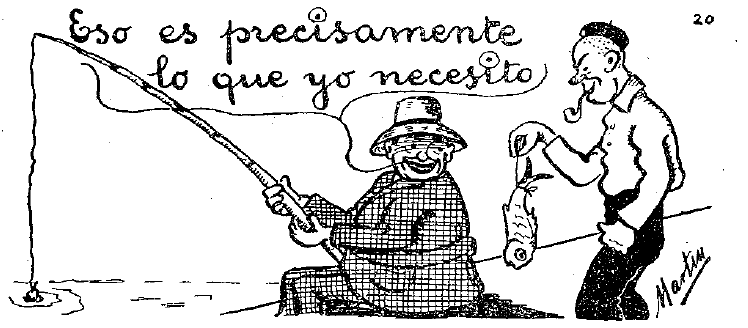
| Языки :: Испанский |
| Аудио |

 |
|
 |
|
55 |
Español |
Spanish |
|
Lección Veinte (20) |
||
| No he podido... |
(I) have not been able (or could not). |
|
| 1 |
Además de las pensiones profesionales, con muestra en la calle, hay un sinfín (1) de pensiones particulares, « en familia ». |
In addition to the professional boarding-h. with a sign in the street, there is an infinity of private b. h. "in family". |
| 2 |
Eso es precisamente lo que yo necesito : quiero vivir en familia, con españoles, para hablar español todo el día. |
This is precisely what I need; I want to live (as) in (a) family, with Spaniards, to speak Spanish all day. |
| 3 |
Usted habla bastante bien; ¿Cuánto tiempo hace que está usted aprendiendo (2) 7 |
You speak well enough. How long have you been learning [How much time that you are learning] ? |
| 4 | Hace cuatro meses. - ¡Dios mío! En cuatro meses ha aprendido usted tanto? y yo en dos años de lecciones no he podido... |
[(It) makes] four months, My God! In four months you have learnt so much! And I in two years of lessons I could not [have not been able]... |
| 5 | será mi cabeza; ya no tengo yo la cabeza para estudiar (3). | it will be my head; I have no longer [already have not] a head for learning. |
| 6 |
La señora jóven, que escuchaba, sonriendo, exclama : - ¡Pero Doña Amelia! qué va a creer el señor...? |
The young lady, who listened smiling, exclaims : - But, Mrs. Amelia, what is the gentleman going to believe [wh. is going to b. the g.]?... |
| 7 | No le dice usted que durante las lecciones de francés hablaba usted español sin cesar, (4) |
You don't tell him that during the French lessons, you spoke Spanish without ceasing, |
| 8 | y que si usted no ha aprendido nada, en cambio la francesa, ha perfeccionado (5) mucho su español. | and that if you have [not] learnt nothing, on the other hand [in exchange], the Frenchwoman has much improved her Spanish. |
| 9 | Tiene usted razón, Victoria; después de todo, esas lecciones han servido para algo (6). |
You are right, Victoria; after [of] all, those lessons have been good
[served] for something. |
| EJERCICIOS | EXERCISE : | |
| 1 |
Yo tomo, tomaba, tomaré; él, (ella, usted) toma, tomaba, tomará. |
I take, was taking, shall take; he, she, you [your H.] takes, was taking, will take. |
| 2 | Yo pago, pagaba, pagaré; él, (ella, usted) paga, pagaba, pagará. |
I pay, was paying, shall pay; he, she, you [your H.] pays, was paying, will pay. |
| 3 | Yo busco, buscaba, buscaré; él, (ella, usted) busca, buscaba, buscará. |
I seek, was seeking, shall seek; he, she, you [your H.] seeks, was seeking, will seek. |
| 4 | Yo miro, miraba, miraré; él (ella, usted) mira, miraba, mirará. |
I look, was looking, shall look; he, she, you [your H.] looks, was looking, will look. |
| 5 | Yo llamo, llamaba, llamaré; él, (ella, usted) llama, llamaba, llamará. |
I call, was calling, shall call; he, she, you [your H.] calls, was calling, will call. |
| 6 |
Tomar, pagar, buscar, mirar, llamar. |
To take, pay, seek, look, call. |
| NOTES. | |
| 1 | Un sinfín : a " without-end" : una infinidad. |
| 2 |
Ago and for are translated by hace, (it) makes.
Three years ago : Hace tres años, (it) makes three years. - For : está usted aprendiendo, see less. 21, par. 6. |
| 3 |
Ya, already, is used to translate no
longer. |
| 4 |
Cesar (pron. thaissar) to cease. - César (pron. thaissar) : Caesar. |
| 5 | Perfeccionado : pron. : pairfecthionnado. |
| 6 | For esas (ayssass) see less. 21, par. 2. |
|
Note the imperfect (progressive preterite), in -aba
: |
|
|
We apologize for this Wile grammatical "crisis", in which,
in fad, there's nothing we don't know. |
